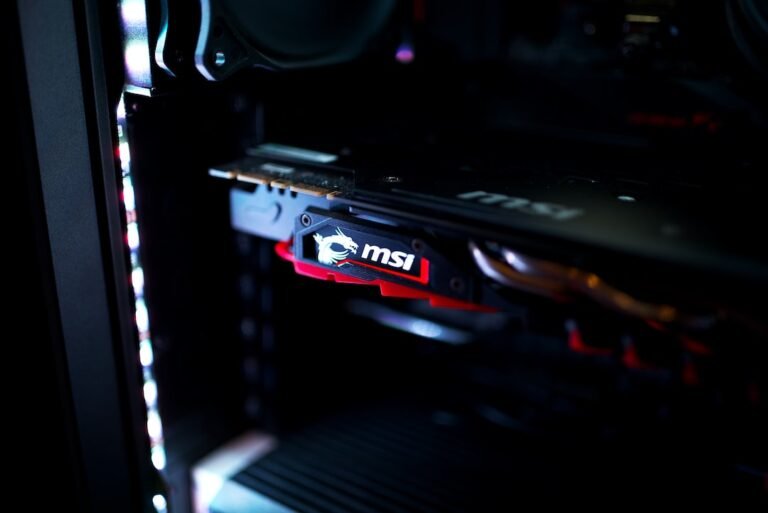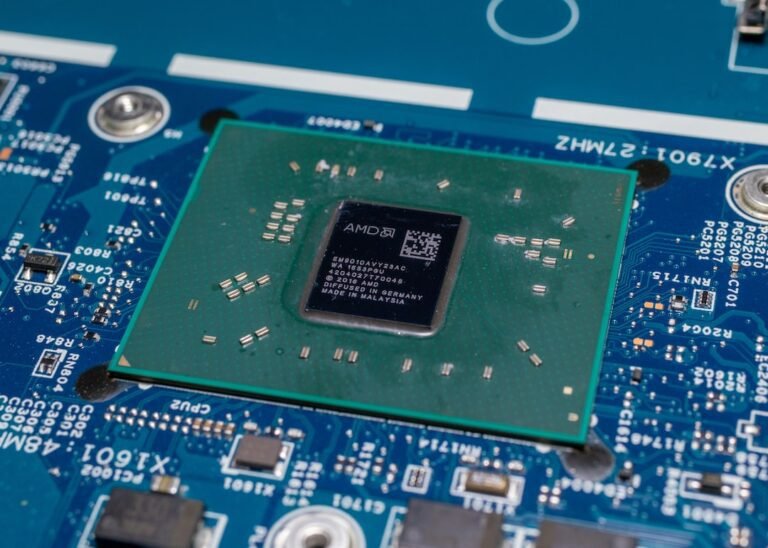Introduction
Are you concerned about the security and privacy of your home network? Have you ever wondered how to enhance your router’s security and protect your network from potential threats? Look no further, as custom DNS configurations can be the solution you’ve been searching for. In this article, we will delve into the world of custom DNS configurations and how they can boost your router’s privacy and protect your network.
But what exactly is DNS, and why is it essential for your network’s security? Let’s start with the basics.
What is DNS?
DNS stands for Domain Name System, and it plays a crucial role in the functioning of the internet. Every time you type a website address into your browser, DNS translates that address into an IP address, which the internet uses to locate and connect to the requested website. In other words, DNS is like the phonebook of the internet, linking human-readable website addresses to the numerical IP addresses that computers use to communicate.
Default DNS configurations provided by internet service providers (ISPs) are often set to their own DNS servers. While this setup works fine for most users, it may have some downsides when it comes to security and privacy.
The Importance of Custom DNS Configurations
By using custom DNS configurations, you can take control of your network’s DNS traffic and tailor it to your specific needs. Here are some reasons why custom DNS configurations are essential for enhancing your network security:
1. Enhanced Security
Custom DNS configurations allow you to choose DNS servers that prioritize security and protection against online threats. These servers often have features like DNS filtering, which can block access to malicious websites, phishing attempts, and malware-infected domains.
By leveraging the power of secure DNS servers, you can add an extra layer of protection to your home network and mitigate the risk of cyberattacks.
2. Privacy Protection
With default DNS configurations, ISPs can log and track your browsing history, potentially compromising your privacy. By using custom DNS configurations, you can choose DNS servers that emphasize privacy and do not collect personal information.
Some custom DNS providers even offer encrypted DNS requests, ensuring that your data remains private and secure. This added layer of privacy protection can give you peace of mind while browsing the internet.
3. Content Filtering and Parental Controls
If you have children at home or want to control access to certain types of content, custom DNS configurations can be a valuable tool. Many DNS providers offer content filtering and parental control features that allow you to block inappropriate or harmful websites.
By implementing custom DNS configurations, you can safeguard your family members from accessing content that may not be suitable for them. This feature is especially helpful if you want to create a safe browsing environment for your kids.
How to Set Up Custom DNS Configurations
Now that you understand the importance of custom DNS configurations let’s dive into the process of setting them up.
Identify a Reliable DNS Provider: There are numerous DNS providers available, each with its own unique features and security measures. Some popular options include Google DNS, Cloudflare DNS, and OpenDNS. Take your time to research and choose a provider that aligns with your specific needs.
Access Your Router’s Settings: To configure custom DNS settings, you’ll need to access your router’s administration panel. Open your web browser and type in your router’s IP address (usually printed on the router itself) to access the settings.
Locate DNS Settings: Once you’re in the router’s settings, look for the DNS configuration section. The location of this section may vary depending on your router’s make and model. Check the router’s user manual if you’re having trouble finding it.
Enter Custom DNS Server IP Addresses: In the DNS settings, you’ll find spaces to enter primary and secondary DNS server IP addresses. Input the IP addresses provided by your chosen DNS provider. If you want to use two different DNS providers, enter their respective IP addresses in the primary and secondary fields.
Save and Apply Changes: After entering the DNS server IP addresses, save and apply the changes. Your router will now use the custom DNS configurations you’ve set.
Conclusion
In this article, we’ve explored the world of custom DNS configurations and how they can enhance your router’s privacy and protect your network. By taking control of your DNS settings, you can prioritize security, protect your privacy, and even implement content filtering and parental controls.
Remember to choose a reliable DNS provider that aligns with your specific needs, and make sure to follow the steps to configure DNS settings in your router’s administration panel.
By implementing custom DNS configurations, you can have peace of mind knowing that you’ve taken an extra step towards securing your home network and safeguarding your online activities.
FAQ
Q: How do I set up my home network?
A: Setting up a home network involves connecting your devices to a central router that acts as the gateway to the internet. You can follow our comprehensive guide on home network setup for detailed instructions.
Q: How can I troubleshoot router issues?
A: If you’re experiencing difficulties with your router, our router troubleshooting guide provides step-by-step solutions to common router problems.
Q: Can using custom DNS configurations affect my internet speed?
A: In some cases, using certain DNS providers can improve your internet speed, as they have optimized infrastructure and faster response times. However, it’s important to choose a reliable DNS provider that offers good performance in your location to ensure minimal impact on your internet speed.
Q: Are there any alternative DNS configurations I can use?
A: Yes, apart from custom DNS configurations, you can explore other options like using a VPN (Virtual Private Network) or configuring your router to use DNS over HTTPS (DoH) or DNS over TLS (DoT) for enhanced security and privacy. Each method has its own pros and cons, so it’s important to research and choose the best option for your specific needs.
Q: What are the benefits of using a mesh Wi-Fi system rather than a traditional router?
A: Mesh Wi-Fi systems consist of multiple devices that work together to provide seamless coverage throughout your home. They eliminate dead zones and offer better performance in larger spaces. If you have a large home or struggle with Wi-Fi coverage issues, a mesh Wi-Fi system can be a great upgrade. Read our detailed guide on mesh Wi-Fi systems to learn more.
Q: Can I use a 5G router for high-speed internet connectivity?
A: Yes, 5G routers are specifically designed to take advantage of the high-speed capabilities of 5G networks. If you have access to a 5G network and require fast internet speeds, using a 5G router can ensure a smooth and responsive online experience. Check out our 5G router buying guide for more information.
Further Reading
| Website | Description |
|---|---|
| Safety.com | A comprehensive resource on home safety and security, including router and network protection. |
| Wired | A popular technology-focused publication with a rich archive of articles on various networking topics. |




